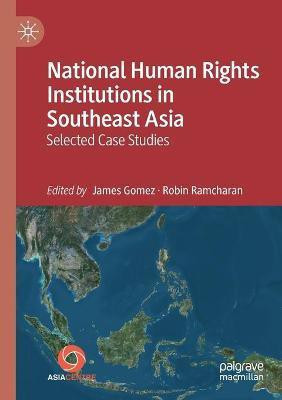National Human Rights Institutions in Southeast Asia(English, Paperback, unknown)
Quick Overview
Product Price Comparison
This book reviews Southeast Asia's National Human Rights Institutions (NHRIs) as part of an emerging assessment of a nascent regional human rights architecture that is facing significant challenges in protecting human rights. The book asks, can NHRIs overcome its weaknesses and provide protection, including remedies, to victims of human rights abuses? Assessing NHRIs' capacity to do so is vital as the future of human rights protection lies at the national level, and other parts of the architecture-the ASEAN Intergovernmental Commission on Human Rights (AICHR), and the international mechanism of the Universal Periodic Review (UPR)-though helpful, also have their limitations. The critical question the book addresses is whether NHRIs individually or collaboratively provide protection of fundamental human rights. The body of work offered in this book showcases the progress of the NHRIs in Southeast Asia where they also act as a barometer for the fluid political climate of their respectivecountries. Specifically, the book examines the NHRIs' capacity to provide protection, notably through the pursuit of quasi-judicial functions, and concludes that this function has either been eroded due to political developments post-establishment or has not been included in the first place. The book's findings point to the need for NHRIs to increase their effectiveness in the protection of human rights and invites readers and stakeholders to find ways of addressing this gap.


